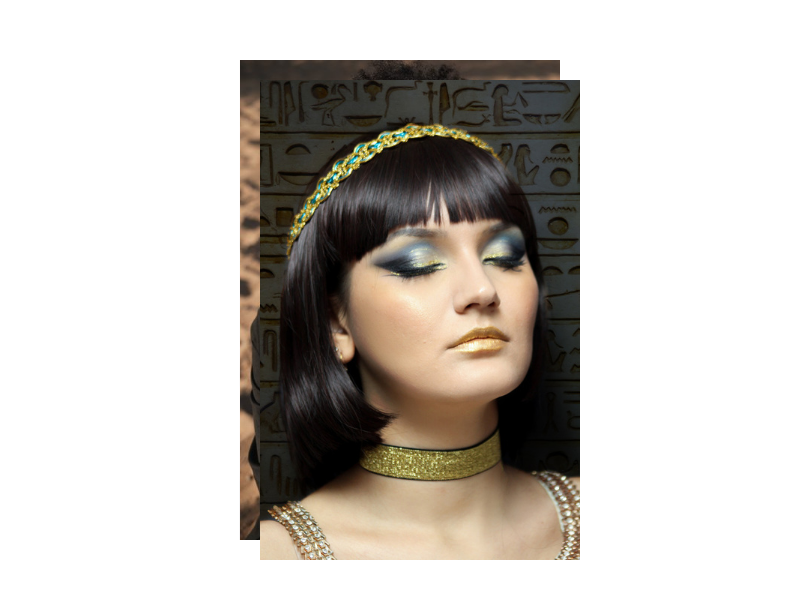
Imagine a girl's night with Queen Cleopatra, Queen of Sheba, and Nefertiti. The spa night would consist of shea butter treatments from clay jars, milk baths, and every expensive oil known to women at the time. As you can tell, shea butter has been used for centuries in Africa for medicinal purposes, treatment of dry skin, and hair products. Its origins and uses can be traced back to ancient Egypt, where it was used to protect against the hot, damaging winds of the Sahara Desert.
In Ghana, shea butter is one of the main productions that empower women and their communities. With our global village and the ability to bring products worldwide, shea butter for beauty products has become commonplace. However, like any new product to market, we want to know as much about it as possible to make informed decisions.
Is shea butter comedogenic?
Comedogenic is the process of clogging pores of the skin and may lead to acne or blackheads. Shea butter, according to researchers, may be comedogenic if your skin is already prone to acne. However, shea butter also has anti-inflammatory, anti-bacterial, and healing properties, as backed by extensive research. Shea butter also has emollient properties that soak into your skin quickly and seal in moisture. High concentrations of vitamins and essential fatty acids make it an ideal ingredient in skin care and hair care products.
The topical application of shea butter is also incredibly low-risk. The probability of an allergic reaction is rare. Although shea butter is used as part of some skin moisturizers, hair treatments, and lotions, it can also be used raw on the skin until it is completely absorbed. Want to save the planet? Another excellent way to reduce our carbon footprint is by using shea butter in a reusable glass container to replace shaving cream, lip balm, or applying the raw shea butter to nail cuticles!
Shea butter traps in moisture! Next time you take a bath or a shower, add some shea butter, raw or as part of whipped butter, onto your skin right after towel drying your skin. It will leave your skin feeling smooth for hours after application. Shea butter also makes the skin appear younger thanks, in part to its high concentration of Vitamin A content!
Like oily skin, shea butter might not be suitable for people with hair that is oily. But, shea butter can be the difference between a frizzy coif to a ready-for-the-runway look for curly, coarse, or dry hair.
It's easy for us to get sidetracked on the incredible benefits of shea butter. So back to our original question if shea butter will clog pores. The short answer: it depends on your skin. If you have acne-prone skin, it may be best to avoid using shea butter or products containing shea butter on acne-prone areas such as the face.
We hope that this article sheds some light on the mysteries and benefits of shea butter. Whether you're new to shea butter or a shea butter aficionado, Pogbanu Shea Butter has got you covered. Literally.
Note: We are not medical professionals. We sell ethically sourced shea butter. Be sure to check with your healthcare provider or naturopath if shea butter is suitable for you if you have any concerns before usage.
